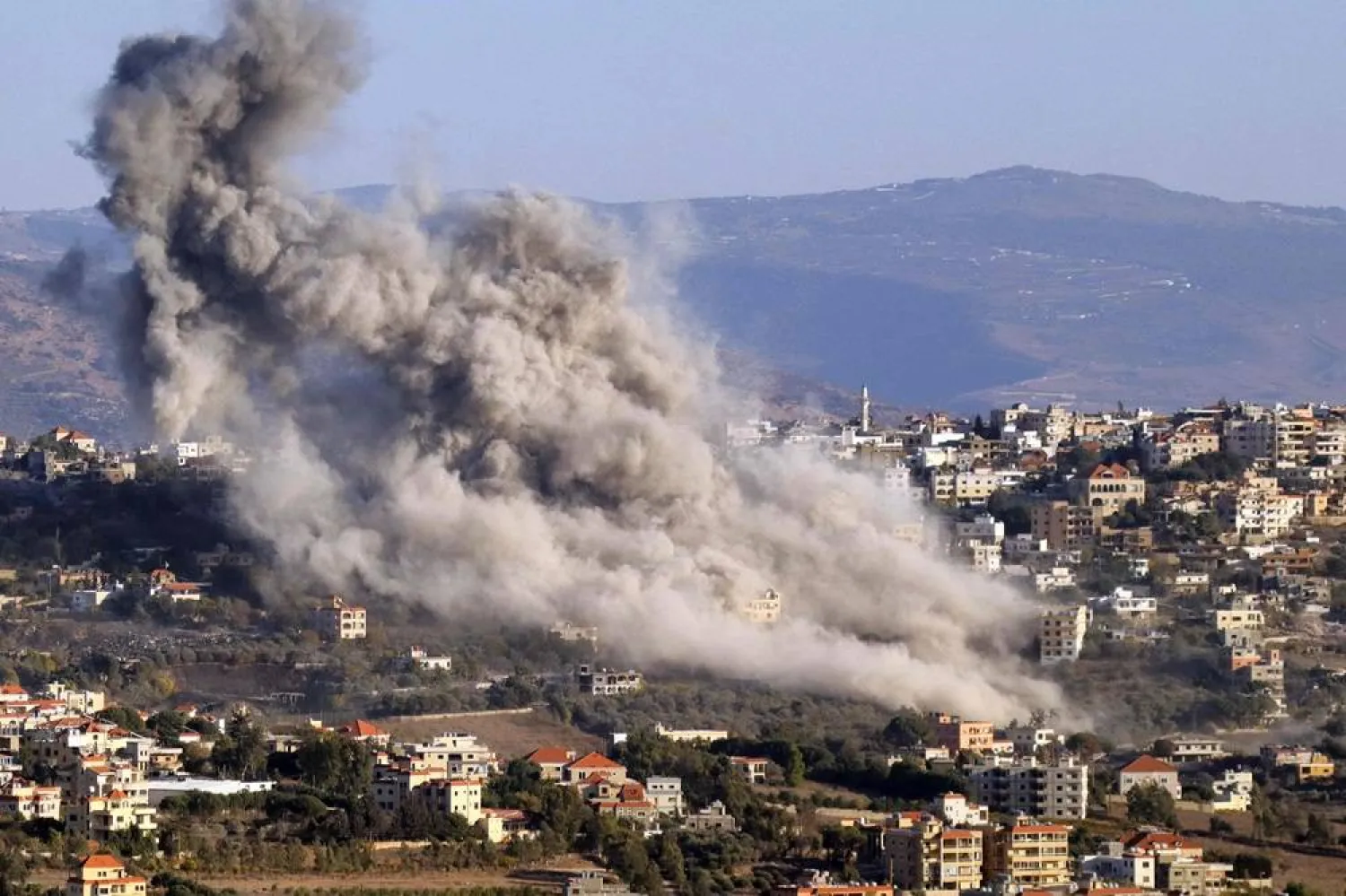Israeli far-right Finance Minister Bezalel Smotrich said Monday that Palestinian Islamist group Hamas may soon be given a deadline to lay down its weapons.
"We estimate that in the coming days, Hamas will be given an ultimatum to disarm and completely demilitarise Gaza," Smotrich said in an interview with public broadcaster Kan, AFP reported.
Israel invaded the Gaza Strip in 2023, in retaliation for Hamas's unprecedented October 7 attack.
Under the first phase of a US-sponsored ceasefire in Gaza intended to halt two years of war, the Israeli army withdrew to positions behind a so-called Yellow Line, but still controls over half of the territory.
Both Hamas and Israel accuse each other of near-daily ceasefire violations, with the health ministry in Gaza reporting 615 people killed by Israeli forces since the truce started.
The Israeli military says it has lost five of its soldiers during the same period.
If Hamas does not comply with the Israeli ultimatum to disarm, the army "will have international legitimacy and American backing to do it itself, and the (military) is already preparing for this and is making plans", said the minister, who is a member of Israel's security cabinet charged with approving large-scale military operations.
The second ceasefire phase, which officially began last month, calls for a gradual withdrawal of the Israeli army and the disarmament of Hamas, which the militant group has vehemently opposed.
"The (Israeli military) will definitely enter and occupy Gaza if Hamas does not disarm," Smotrich said.
Asked how the military would do this, he said "there are two or three alternatives right now that we are examining".
The peace plan put forward by US President Donald Trump also calls for the establishment of a 20,000-strong peacekeeping force, called the International Stabilisation Force (ISF), to which several countries have committed troops.
Asked how the Israeli army would operate against Hamas when foreign soldiers were deployed on the ground, Smotrich said the latter would "pull out very quickly and allow the (Israeli military) to enter. This is coordinated with the Americans."
"By the way, I don't yet see them going in that fast," he added of the ISF.
A security source in Gaza, meanwhile, said on Monday that Israeli forces shelled Beit Lahia in the north.
The source also said that Israeli tanks opened fire in the south Gaza city of Khan Younis, where at least two air strikes were also conducted.
Israel's military said Monday that Israeli troops "eliminated" a fighter who had crossed the Yellow Line into Israeli-held territory the previous day.









